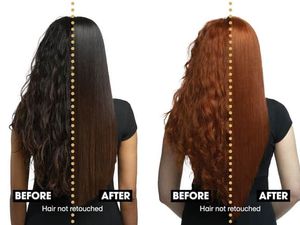Meta agrees to 1.4 billion dollar settlement in lawsuit over facial recognition
Texas attorney general Ken Paxton said that the settlement is the largest secured by a single US state.

Meta has agreed to a 1.4 billion dollar settlement with the US state of Texas in a privacy lawsuit over claims that the tech giant used biometric data of users without their permission, officials have said.
Texas attorney general Ken Paxton said on Tuesday that the settlement is the largest secured by a single state.
In 2021, a judge approved a 650 million dollar settlement with the company, formerly known as Facebook, over similar claims of users in Illinois.
“This historic settlement demonstrates our commitment to standing up to the world’s biggest technology companies and holding them accountable for breaking the law and violating Texans’ privacy rights,” Mr Paxton, a Republican, said in a statement.
Meta said in a statement: “We are pleased to resolve this matter, and look forward to exploring future opportunities to deepen our business investments in Texas, including potentially developing data centres.”
Filed in 2022, the Texas lawsuit alleged that Meta was in violation of a state law that prohibits capturing or selling a resident’s biometric information, such as their face or fingerprint, without their consent.
The company announced in 2021 that it was shutting down its face-recognition system and deleting the faceprints of more than one billion people amid growing concerns about the technology and its misuse by governments, police and others.
At the time, more than a third of Facebook’s daily active users had opted in to have their faces recognised by the social network’s system.
Facebook introduced facial recognition more than a decade earlier but gradually made it easier to opt out of the feature as it faced scrutiny from courts and regulators.
Facebook in 2019 stopped automatically recognising people in photos and suggesting people “tag” them, and instead of making that the default, asked users to choose if they wanted to use its facial recognition feature.





